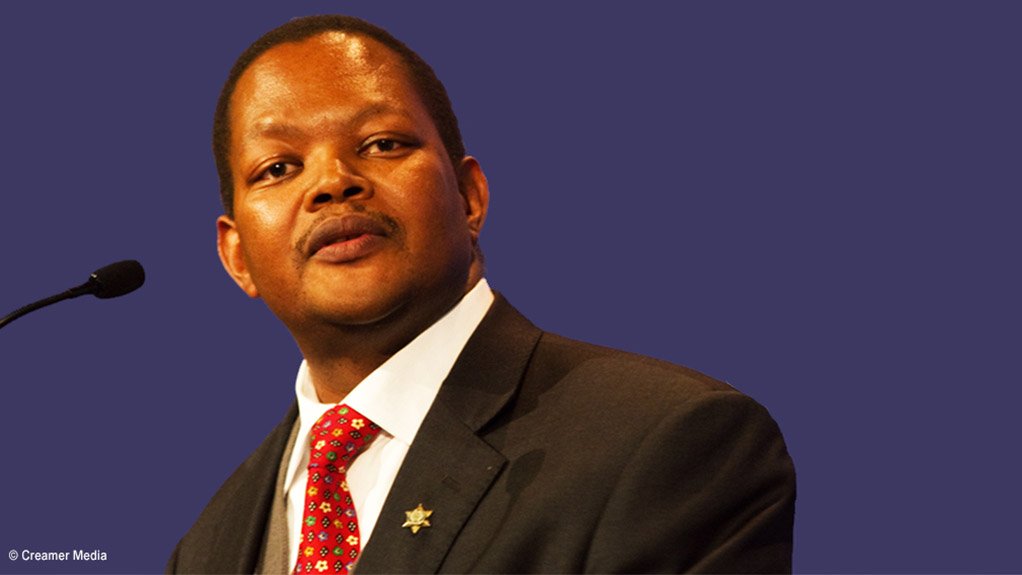As President Cyril Ramaphosa considers a proposal to extend the lifespan of some of South Africa’s coal-fired power plants, Eskom chairperson Mpho Makwana has said the country needs to decarbonise its economy rapidly.
"We need real change in a short space of time to transform and decarbonise our energy sector, transportation sector, food systems, and built environments," Makwana wrote in Nedbank’s 2022 annual report, published on Thursday.
He is currently chair of the bank but will step down in June after taking on the same role at Eskom.
The transition to lower-carbon technologies would create opportunities for the country, he said.
On Wednesday, Ramaphosa held a special Cabinet meeting to discuss Electricity Minister Kgosientsho Ramokgopa’s plans to restore energy security, which include a proposal to extend the life of several coal plants.
Seven of Eskom’s 15 coal-fired power stations will reach their end of life this decade, which could exacerbate the electricity crisis if that capacity is not replaced with new generation facilities.
However, some experts have warned that life extensions could jeopardise South Africa’s $8.5-billion (R154-billion) climate finance deal with the US, UK, France, Germany and the EU, which is aimed at accelerating investments in renewable energy.
Such a move could also affect South African exporters, considering the country’s status as one of the world’s largest emitters of greenhouse gases.
An analysis by S&P Global Commodity Insights found that the EU’s carbon border adjustment mechanism (CBAM) will hurt SA more than any other country because more than 80% of its electricity is derived from coal.
In the 15 years to 2040, CBAM could cost SA $91.8-billion, according to S&P, which notes that iron and steel exporters will be most affected.
For its part, Nedbank had made "several investments and commitments aimed at mitigating climate risk and driving a positive transition that creates jobs and business opportunities".
Also in the report, Nedbank CEO Mike Brown wrote: "We firmly believe that South Africa’s path to net zero is, over time, also our path to energy security."
Meanwhile, Makwana warned that 2023 would likely be "another difficult year" for SA as rolling blackouts continue to curb economic growth.
Largely because of loadshedding – the result of a shortage of generation capacity and ongoing breakdowns across Eskom’s ageing fleet of coal-fired power stations – Nedbank expects South Africa’s economy will expand by only 0.4% in 2023.
"The worsening electricity crisis poses the greatest threat to the economy," Makwana said.
"The rise in levels of loadshedding experienced during the first part of 2023 continues to jeopardise business confidence, investment, and growth, while worsening the living conditions of most South Africans."
EMAIL THIS ARTICLE SAVE THIS ARTICLE
To subscribe email subscriptions@creamermedia.co.za or click here
To advertise email advertising@creamermedia.co.za or click here











